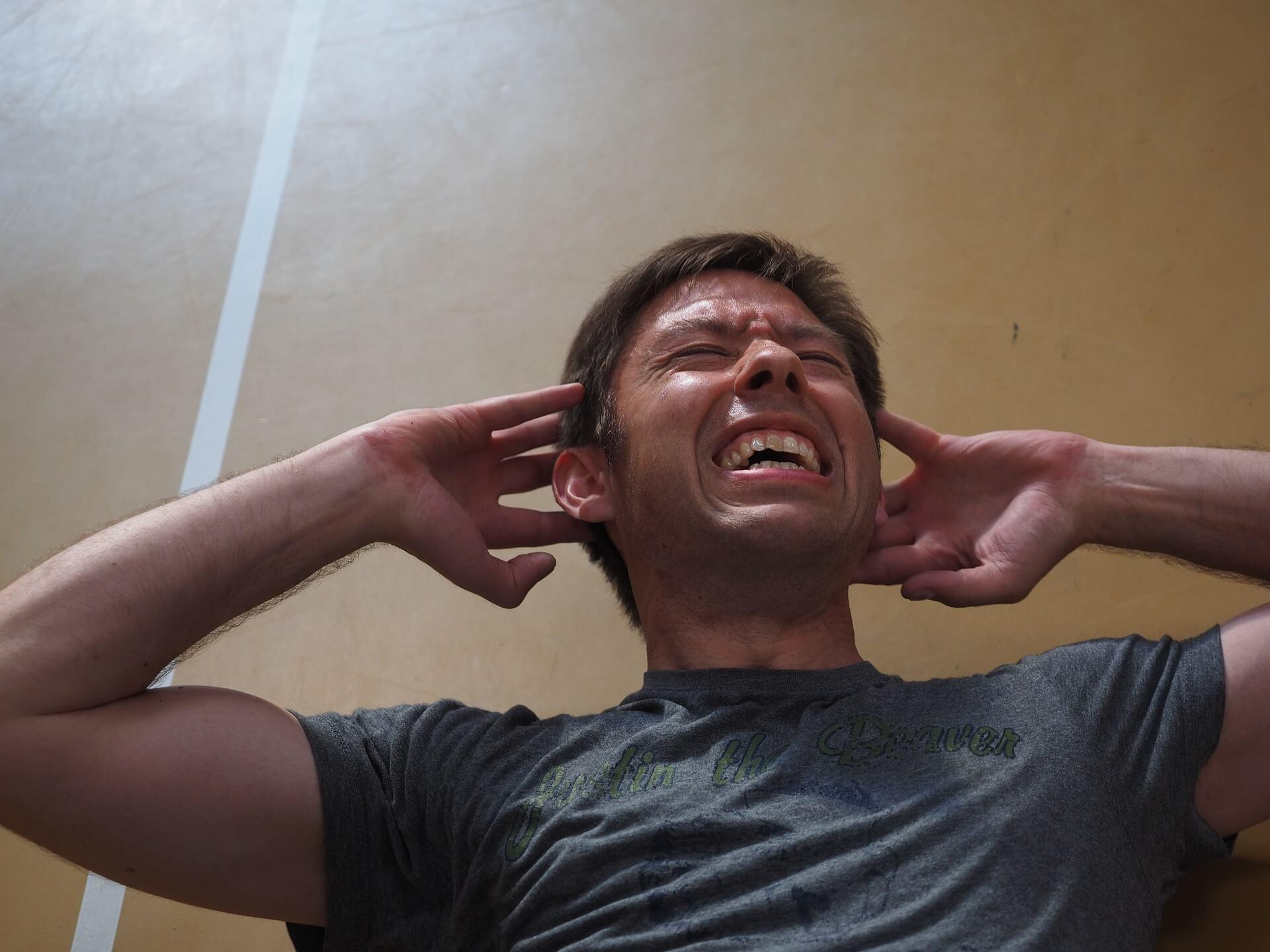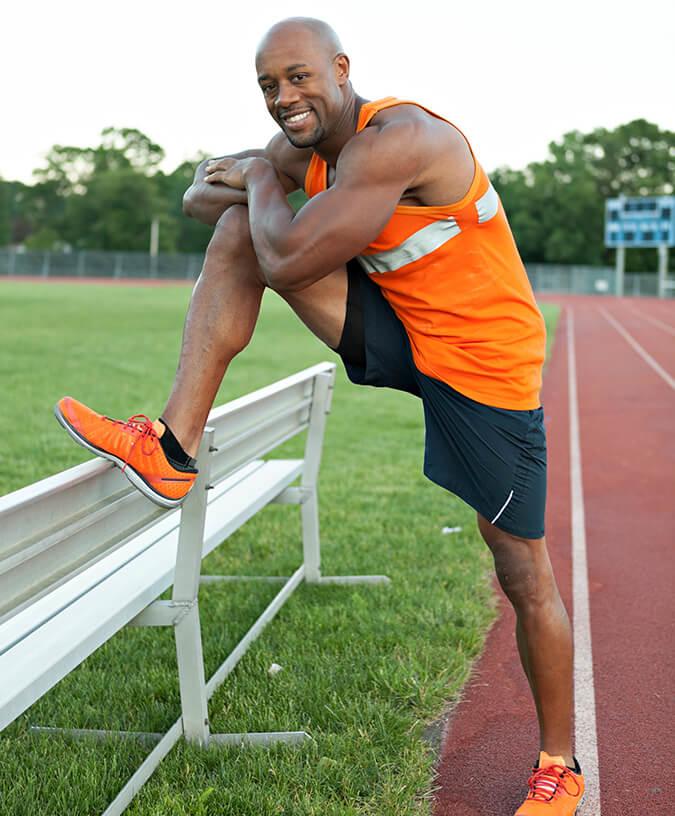Factors That will Negatively Effect your Running Pace

Challenges in marathons are common. Runners of different levels encounter these challenges, even though they enjoy quite a success in their first, second and third races. Even if someone has undergone preparations, he/she may still experience issues related to marathon attempts.
Ideal marathon

Running an even or negative split is a way of pacing a runner over a distance that is longer than 800 meters, i.e. running faster than the first half or running the second half using the same speed as the first half. However, this method proves to be tiresome in that one has to exercise a lot of patience from the start and run too slow for the first third of the race. This ensures that one does not slow too much as he approaches the end.
Correct pacing and matching expectations to training level is a way of avoiding obstacles during marathons. Best races are achieved by avoiding obstacles, which sucks most of the determined effort among runners. A runner is advised to adapt to an appropriate pacing strategy in order to overcome these challenges. This should be a starting point. Pacing strategy on runners should also be the same, though they differ in speed,
Here are some common obstacles that make an appearance during marathons;
Muscle cramps

Fatigue of a specific muscle is the main cause of muscle cramps. Mostly caused by the reflex between one’s muscle and spinal cord that is going through a malfunction. It’s also neuromuscular in nature in those motor neurones is turned off, causing stimulation in the muscle. This causes the muscle to contract, also called cramp.
A big number of runners experience cramps during their exercises. A cramp crushes any effort of excellent performers, at the same time stresses a runner on the distance remaining to be covered. Cramps, however, are not as a result of fluid balance, i.e. fluid does not cause these cramps.
Avoiding fatigue or generally local fatigue may reduce the probability of getting muscle cramps. This can be achieved by having enough time for preparation and training. Adequate training refers to suitable execution i.e. A runner should make sure that he paces according to your training level and ensuring that training status is equal to the performance expectations.
It’s a habit among many runners to attempt to outrun their training. This exposes them to cramps because they induce their fatigue by forcing their muscles to do more than they are ready for and the ones they have adapted to.
The Bonk

Bonk is the ability of a runner to endure during running. It’s characterized by deep fatigue like taking a nap narrowed field vision and exponentially increased energy. Compared to cramps, bonks are way easier to be prevented and predicted. This is because metabolism can be researched in laboratories. It’s risky for a runner to try and cover a certain distance without ingesting carbohydrates. Others can because it relies on the genetic ability of a runner to burn fat during a high-intensity exercise. One should not try this, especially if he’s a beginner. Consuming carbohydrates doing marathons is beneficial. A good part of a runner’s training program should be ensuring he ingests enough calories so as to meet the increased energy needed during the training sessions.
Therefore, one should not only consume regular meals, but also eat supplemental food. This ensures one’s body meets the energy demands.
Dehydration and fluid balance

Normally, as one runs, maintaining pace becomes an issue and over time, one slows down and misses goals. Most runners blame these situations on dehydration whereas dehydration plays a little role in this. Restriction of fluids results in a less optimal performance. Though, if one is not restricted in terms of fluid, he can rule out hydration as being a hindrance. The relative term form, of course, and the quantity each person requires depends on environmental conditions and also a characteristic of an individual.
Most importantly, drinking more fluids than a runner would when thirsty does not make him be faster. The physiological response to sweating and exercise is losing some body weight through fluids. Drinking sufficient fluids to avoid weight loss does not make one be faster than when one drinks to thirst over hydration.
Loss of good form

Most runners think that running is done by their legs alone. Though distance training is a necessity for success, running isn’t just about the legs. For legs to move someone forward, body parts of the kinetic chain must be balanced and stabilized to enable one to move in a straight line.
Runners are advised to exercise for about 30 to 40 minutes before they begin to race. It contains the reps and set one is capable of doing. With time, the muscles adapt to training. One needs to put into consideration to this exercise for at least two to three times a week. This is because we need to get used to training because it’s important to get the full benefits and effects.
The problem is not short distance deterioration, but effects of repeating marathon severally even in high intensities. After running for some miles, muscles helping to stabilise strain and become fatigued. They become unreliable in serving their purpose and also results in pace deterioration.
Environment

The environment largely influences an athlete’s performance. This is because marathons are held under varying environmental conditions and temperatures. The warm weather while running is normally referred to be limiting for thermoregulatory control i.e. Most runners complain of hyperthermia. This occurs also during cool weather events. When runners become sick, they are incapable of achieving their goals, let alone maintaining their paces.
Also, when athletes do their running outside, they are exposed to air pollution, which is alarming for their health. Moreover exposing a runner to air pollution during excises impairs an athlete’s performance in enduring events that last for over an hour.

Mind your diet and make sure you don’t strain so much. This way you will avoid the challenges like overcoming injuries. You will develop and stick to a running habit that best suits your time frame.
In conclusion, it is important as a runner to understand the conditions you are running in. Understand your running environment. Know where you can comfortably run faster and where you need to run slower. Vary your speed throughout the race. Have a perfect running gear. Ensure you have a comfortable pair of shoes.
Latest Articles
 Is Running on a Treadmill Easier Than Running Outside?Runners have their own preferences, whether it is treadmill running, running outside on the road, or exploring trails. So...
Is Running on a Treadmill Easier Than Running Outside?Runners have their own preferences, whether it is treadmill running, running outside on the road, or exploring trails. So... Is It OK to Use Trail Running Shoes on the Road?While trail running shoes can be used on roads, especially in situations where a runner encounters mixed terrains or pref...
Is It OK to Use Trail Running Shoes on the Road?While trail running shoes can be used on roads, especially in situations where a runner encounters mixed terrains or pref... How to Fix Sore Quads After Running?Rest, ice, gentle stretching, and over-the-counter pain relievers can help soothe sore quads after running. Also, ensure ...
How to Fix Sore Quads After Running?Rest, ice, gentle stretching, and over-the-counter pain relievers can help soothe sore quads after running. Also, ensure ... 10 Fruits With The Most Electrolytes to Replace Sports DrinksThese fruits are high in electrolytes such as potassium, magnesium, and calcium, essential for hydration, muscle function...
10 Fruits With The Most Electrolytes to Replace Sports DrinksThese fruits are high in electrolytes such as potassium, magnesium, and calcium, essential for hydration, muscle function...

